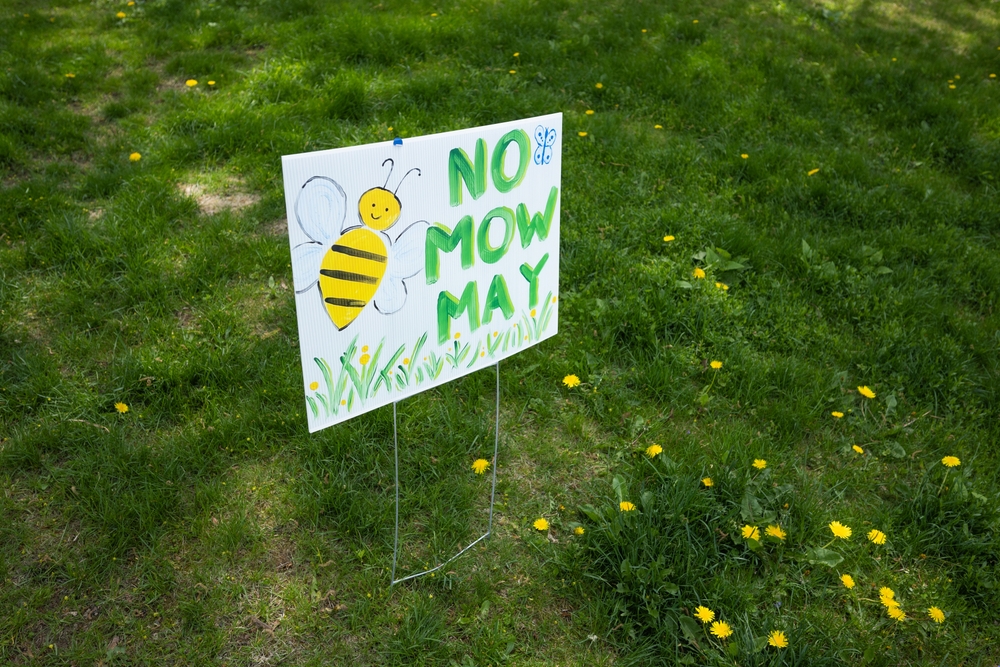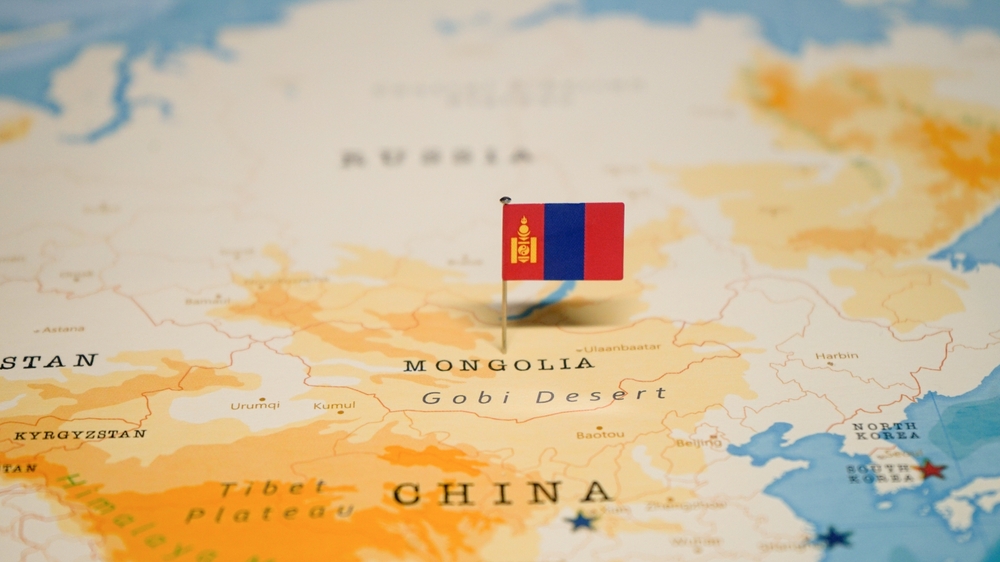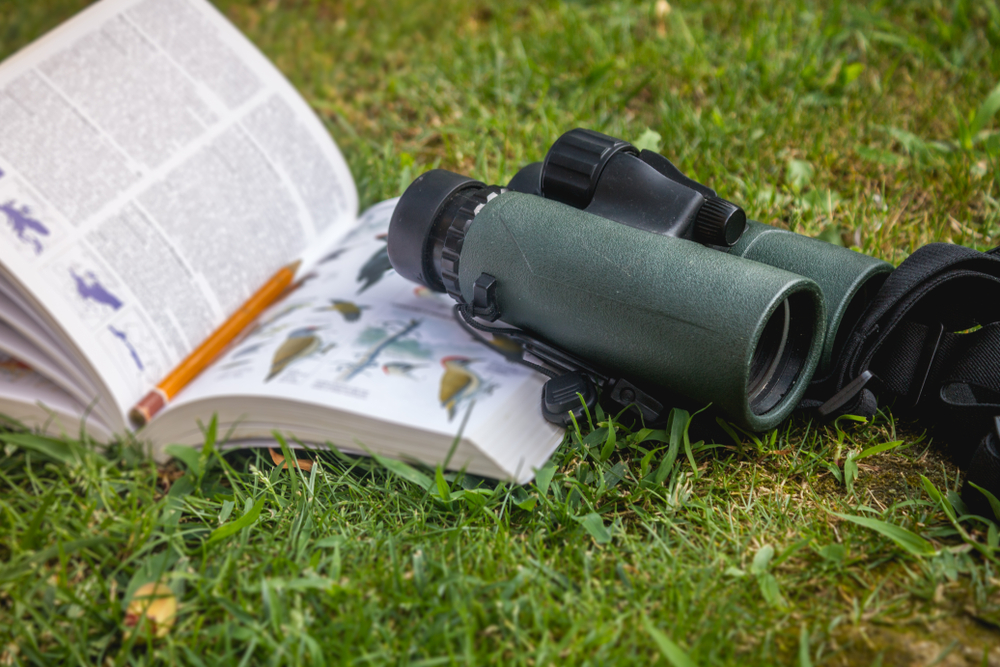Bring the abundance of nature to your plate.
Elbrich Fennema | October 2010 issue

The science of economics revolves around the concept of scarcity. How do you handle something you have too little of, like money? How do you distribute something that isn’t plentiful enough, like food? And how much should that cost?
But why should we be guided by thoughts of deficiency? Why do we follow the “law of hearth and home,” derived from the etymological definition of economy: “eco” is from the Greek oikos, meaning “home,” and “nomy” is from nomos, meaning “law.” Why don’t we instead follow the law of nature and the cosmos? Gravity is free. So is the sunrise. And flowers don’t get paid to bloom. In just one growing season, plants yield a return of thousands of percent. Trees take a little longer, but when they’ve grown, they shower you with revenue. The law of the cosmos is abundance, one big celebration of giving and pleasure.
Take the pomegranate tree. It produces beautiful blossoms, a lovely smell and—to top it off—a respectable number of seeds packed with vitamins and an explosive flavor. The jolly berries brighten up pies and desserts and are delicious in salads. Prepare a salad using darker greens, which offer a pretty contrast to the red berries. Dress with a mixture of olive oil, vinegar, cayenne pepper and a clove of crushed garlic. Slice the pomegranate in half and scoop out the seeds with a spoon. Sprinkle them on the salad and toss. If you wish, garnish with walnut pieces and/or spring onions. Indulge your eyes, your nose, your tongue and finally your palate in this “cosmonomic” salad.











